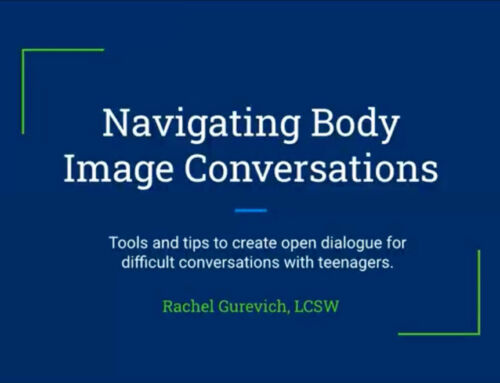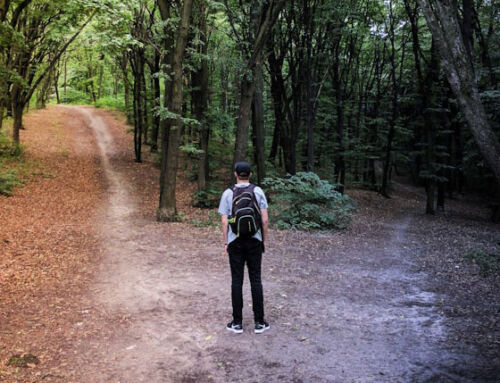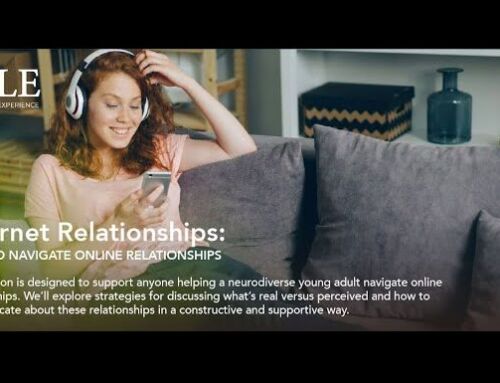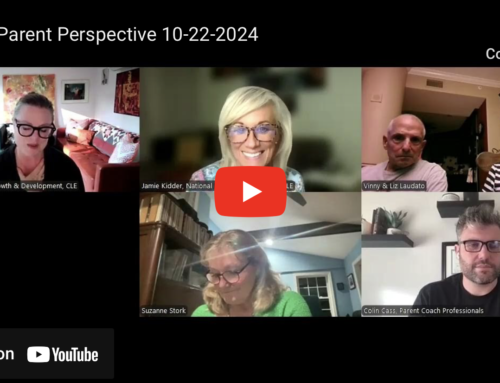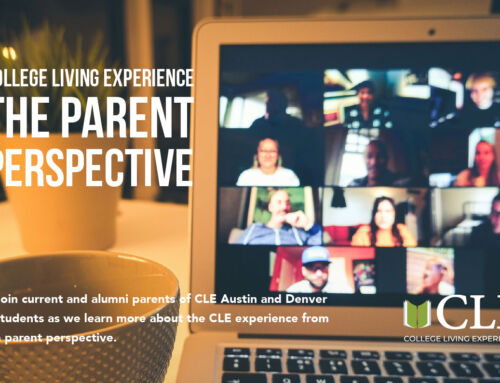By Janet Price, Director of Admissions and Outreach, CLE Rockville

What does gratitude mean to you?
AR: I’m thankful for my family, my friends, and my inner circle. We like to hang out, have fun, and talk a lot. They’re there for me when I’m having difficulties.
BR: I don’t know if it means anything different to anyone else – I’m grateful that my father is paying for CLE. I don’t know where I’d be without it. I have realized change.
CLE: We’re grateful that you’re here!
NL: I’m grateful for being able to live on my own because that’s nice. I’m grateful my parents gave me this opportunity, even though I don’t like everything about it.
PH: I’m thankful for having my own apartment.
Let’s talk a little about being on the autism spectrum, and perceptions and misperceptions. Some people wonder whether people who are on the autism spectrum have feelings like gratitude?
NL: (getting a little angry) That question perpetuates a stereotype that autism is a mental disorder. Having autism doesn’t make you emotionless!
BR: The obvious answer is yes!
How do you show gratitude?
BR: Through language – like, “Thank you very much.”
NL: Body language.
RR: It varies from person to person. I’ll be slightly less of an a** than usual.
Why show gratitude? Is this important?
NL: Because people will be nice to you in the future.
BR: It’s good to let someone know when they’ve done something good, because it’s polite, for one thing…
RR: When we demonstrate our appreciation, it makes people feel better for doing something nice for us. It makes them feel like this investment was worth it.
BR: It reflects well on yourself – it shows that you don’t take them for granted.
It sounds like this ties in with the concept of reciprocity in relationships that we’ve talked about together.
BR: Yes, but sometimes we’re going to be with people who aren’t going to reciprocate and showing gratitude shouldn’t just go out the window.
CLE: That’s a great point. We’ve also talked about the concept of “paying it forward.”
PH: There’s a movie with that title!
CLE: Do you know what it means?
NL: It means to return the favor to someone else.
TS: When I went to visit my cousin, I helped her. She was struggling with her friend who was talking about her behind her back. I taught her to stand up for herself.
RR: That’s quite something!
As the year is winding down and the holidays are approaching, what do you think has changed for the better in your life?
RR: A sense of freedom.
NL: I totally agree with that!
TS: Going to my Tuesday and Thursday classes by myself on the bus. Thankfully, Rebecca [CLE Rockville Program Assistant] helped me to do that. She showed me the bus stops and rode the bus with me.
AR: I’m thankful for living in the U.S. and going to college. I never did that before – I grew up in Sweden. I’m thankful to CLE for new friendships.

